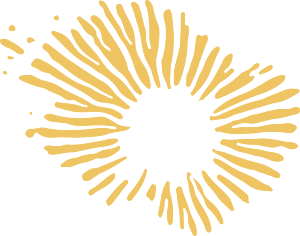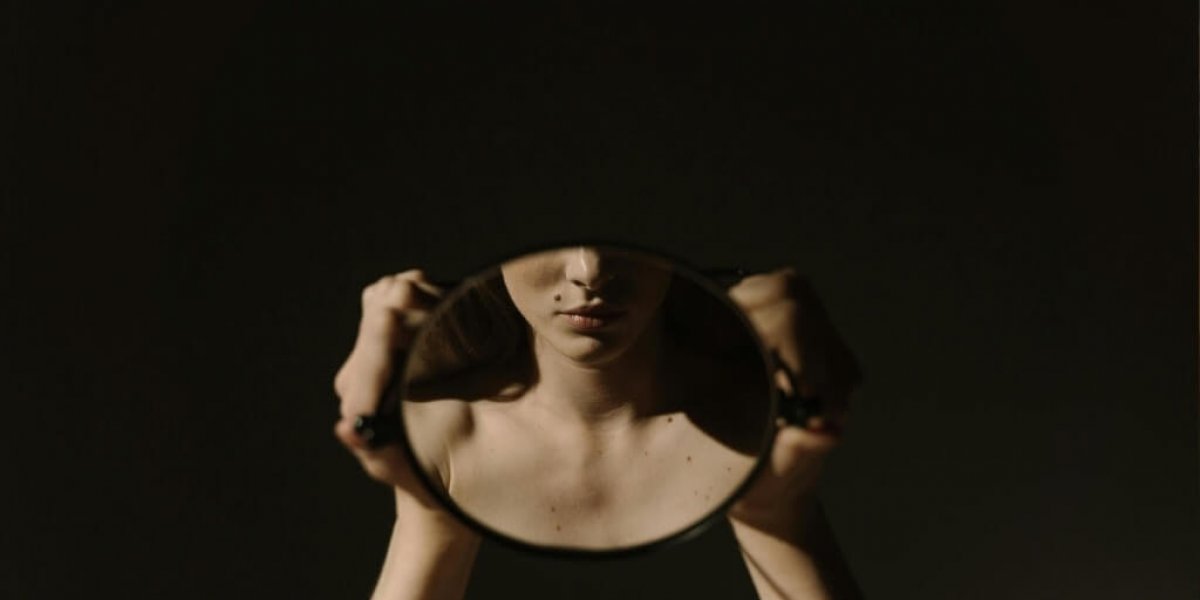The Mirror Effect
That person who cuts you off in traffic.
The coworker who always interrupts in meetings.
Your friend who’s perpetually late.
The family member who pushes all your buttons.
Here’s a mind-bending possibility: they’re all your teachers.
Not because they’re wise or enlightened, but because they’re showing you something about yourself you can’t see any other way.
And psilocybin? It makes these lessons impossible to ignore.
Everyone Is Your Mirror
This is one of the most uncomfortable truths about human psychology:
The traits that trigger you most in others are often reflections of something within yourself—either something you do but can’t see, or something you’ve rejected about your own nature.
Not convinced? Try this:
Think of someone who really annoys you. What specifically bothers you about them?
- Are they arrogant? (Do you have hidden arrogance you don't acknowledge?)
- Are they needy? (Are you uncomfortable with your own needs?)
- Are they judgmental? (Notice how you're judging them right now?)
The trigger is the teacher.

How Psilocybin Amplifies the Lesson
Microdosing has a sneaky way of making these mirrors crystal clear.
Suddenly, you notice:
- Your impatience with slow people reveals your own anxiety about time
- Your judgment of "fake" people shows your fear of being authentic
- Your irritation with loud people exposes your own suppressed voice
- Your anger at selfish people reflects your struggle with healthy selfishness
It’s like psilocybin removes the psychological blindfold that lets you blame others without seeing your own patterns.
The Three Types of Mirrors
1. The Shadow Mirror Shows you traits you have but don’t want to admit. “I hate how self-centered they are” (while being self-centered about hating them)
2. The Disowned Mirror Shows you qualities you’ve rejected in yourself. “They’re so emotional” (said by someone who’s afraid of their own emotions)
3. The Aspiration Mirror Shows you qualities you want but don’t think you can have. “They’re so confident” (triggers insecurity about your own confidence)
Each type offers a different gift of self-awareness.

The Compassion Breakthrough
Here’s what happens when you start seeing everyone as a teacher:
🔍 You become less reactive Understanding the mirror effect creates emotional distance from triggers
🔍 You develop genuine compassion You realize everyone is struggling with something, just like you
🔍 You take things less personally Their behavior becomes about them, not about you
🔍 You accelerate your growth Every difficult person becomes a growth opportunity instead of an obstacle
Plus, you realize that the people who trigger you most are often pointing toward your next level of development.
The Advanced Practice
Once you get comfortable with the mirror concept, try this:
Send gratitude to the people who trigger you most.
Not for their behavior, but for showing you something about yourself you needed to see.
This isn’t spiritual bypassing—it’s practical psychology. They’re giving you free therapy by activating your blind spots.

Final Thoughts
The world is an endless hall of mirrors, and every person in your life is reflecting something back to you.
Some mirrors are flattering. Some are unflattering. All are useful.
Psilocybin doesn’t create these mirrors—it just cleans them so you can see more clearly.
The question isn’t whether people are triggering you. The question is:
what are they trying to teach you?
🪞 Notice the trigger
🤔 Get curious, not reactive
🎓 Extract the lesson
Until next time,
Mushie Media of the Week:
"The Genesis of Microdosing: Creativity, Problem-Solving, and Other Feats of Mental Magic"
by: James Fadiman, Ph.D.




























